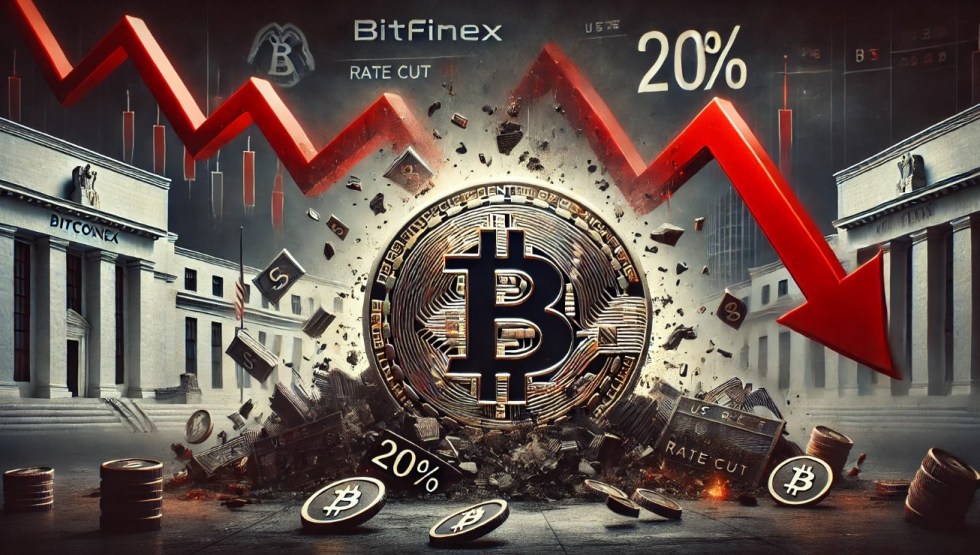On Monday, the Bitcoin price fell as low as $57,100, continuing its decline from a one-month high of $65,000 on August 25th. However, the US Federal Reserve’s (Fed) upcoming decision to cut interest rates could spell further trouble for the largest cryptocurrency on the market.
September And Bitcoin Price Forecast
According to a recent report from Bitfinex Alpha, this month’s interest rate decisions could significantly impact Bitcoin’s short-term volatility and long-term trajectory. Since early August, Bitcoin has gained over 32 percent, driven largely by traders anticipating dovish comments from the Federal Reserve.
A 25 basis point cut is expected to signal the start of an easing cycle, which could increase liquidity and lead to long-term price appreciation for Bitcoin. Conversely, Bitfinex predicts that a more aggressive 50 basis point cut might trigger an immediate price spike, but it could also incite a subsequent correction as recession fears resurface.
Recent trading patterns indicate that spot holders are de-risking while perpetual market speculators attempt to “buy the dip.” Notably, there remains significant long open interest in Bitcoin perpetual contracts.
However, the report warns that a rate cut could lead to a 15-20 percent decline in the Bitcoin price, potentially bottoming out between $40,000 and $50,000. Bitfinex’s forecast is based on historical trends showing that peak returns diminish by approximately 60-70 percent in each cycle, alongside reduced average corrections in bull markets.
In addition, September has historically been a volatile month for the Bitcoin price, with an average return of -4.78 percent and typical peak-to-trough declines of around 24.6 percent.
Moreover, the report highlights Bitcoin’s increasing correlation with traditional risk assets, such as the S&P 500, and suggests that its price movements will closely reflect broader macroeconomic conditions.
Political Engagement Grows Led By Trump
Global economic dynamics are also at play, according to the report. The actions of other central banks, such as the European Central Bank’s potential pause in rate hikes amid slowing growth, Japan’s cautious approach to recovery, and the People’s Bank of China’s targeted liquidity measures, could have far-reaching effects on the cryptocurrency market.
In the US, the economy shows signs of ongoing disinflation, driven by robust household consumption and wage growth that exceeds inflation. The Federal Reserve’s preferred inflation measure, the PCE index, rose by 2.5 percent in July, reinforcing a narrative of price stability.
Recent upward revisions to Gross Domestic Product (GDP) growth for the second quarter, now at a 3 percent annual rate, further alleviate earlier concerns about an economic slowdown. However, challenges persist in the housing market, where pending home sales have reached record lows, despite declining mortgage rates.
On the political front, there is a growing trend of engagement with cryptocurrency regulation. Notably, presidential candidate Donald Trump has announced a strategy aimed at positioning the US as a global leader in crypto, particularly through his association with the decentralized finance project, World Liberty Financial.
Additionally, the 24X National Exchange has proposed a 24/7 trading platform for cryptocurrency ETFs, seeking regulatory approval to enhance market accessibility.
At the time of writing, the Bitcoin price regained the $59,270 level after falling towards $57,000 on Monday.
Featured image from DALL-E, chart from TradingView.com
